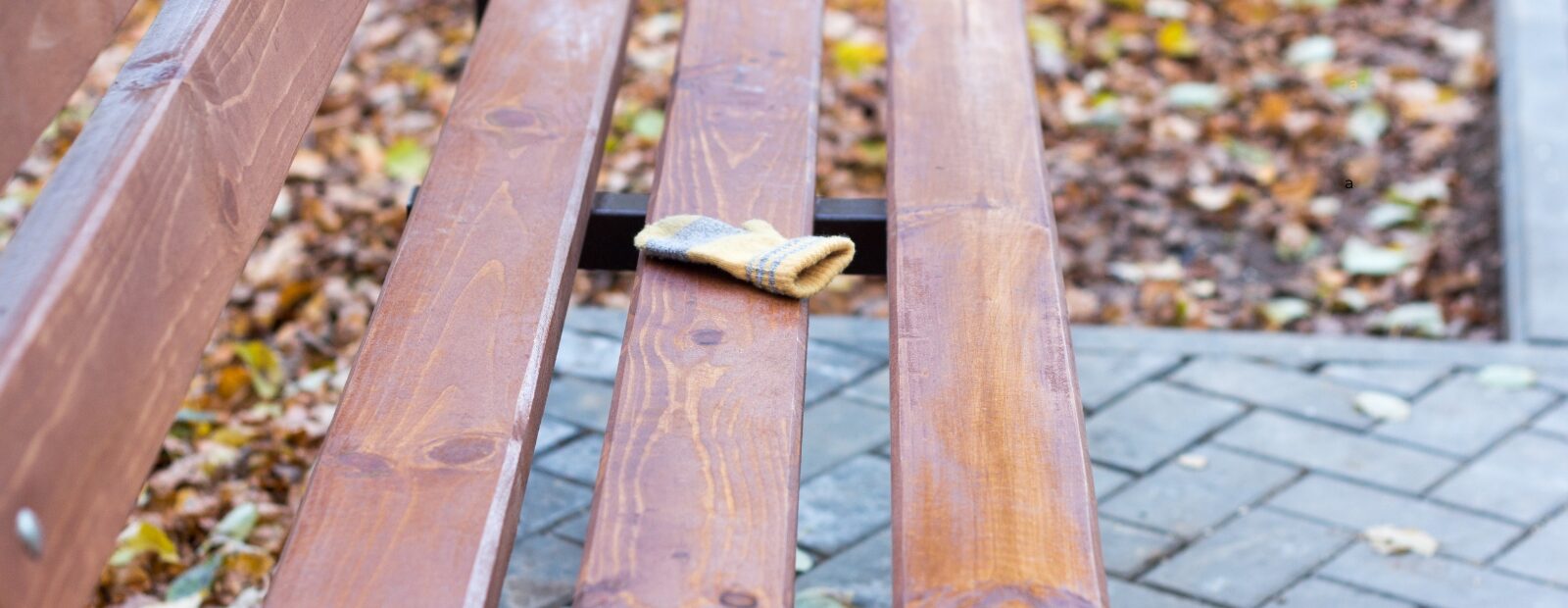


Browse Our Newsletter
Healing Systems, Not Just People: Healing Health Inequalities
Read more

Last month, the Ministry of Justice (MoJ) published statistics estimating that nearly 200,000 children have a parent in prison each year, based on combined data from multiple reporting systems that are used across government departments.
We now need strategies and processes being instigated by the government in line with Labour’s manifesto commitments to create national guidelines to identify and support children at the point of sentencing to stop them from falling into cycles of deprivation leading to crime.
The loss caused by a parent being imprisoned cannot fail to impact a child. The impact can be measured emotionally and psychologically as children try to make sense of the confusion and stigma they face personally and socially. The economic impact can exacerbate the loss and plunge children into poverty and desperation.
This combined effect is reflected in the statistics evidencing that children of prisoners are more likely than others to also be involved in crime themselves. One 1996 landmark study (Farrington et al.) that is still often quoted stated that 63% of male children of prisoners go on to be imprisoned too.
However, less emphasised but even more concerning is that these children are victims of crime and trauma. When a parent is incarcerated for a crime, the immediate and long-term impact of children victimises them as a result of their parent’s offence. Going on to perpetrate crimes is not disconnected from being a victim of it, and this recognition is key to changing the trajectory of hundreds of thousands of lives.
Many studies have found ‘a golden thread’ of positive trends and outcomes based on supporting those imprisoned to maintain contact and relationship with their families. Lord Farmer’s influential 2017 review highlighted reduced recidivism for those able to maintain relationships but also pointed out that much of the work being done to support familial relationships is carried out by charities, including SIG Safe Ground.
Ministry of Justice analysis of our Father’s Inside programme shows that those who participate in developing relationship skills through our 4-week arts-based course are significantly less likely to re-offend. They are able to develop a sense of self and purpose that correlates with their identity and responsibilities as a parent. Working with fathers at a grassroots level in prisons, we hear more than just their determination to not commit crimes but also their joy at developing skills that allow them to parent their children:
‘Knowledge is power. I’ve got more tools to prepare me for many roles I will face as a father. I can be the father I’ve always been, but now I can give more of myself whilst I am home. I can now turn up present, ready to listen, ready to do new things with my girls and be a productive family member.’
Head of SIG Safe Ground, Emma Hulme, states, ‘The staggering statistics in the MoJ’s report clearly demonstrate the ripple effect being in prison has on families. SIG Safe Ground provide vital and innovative support to families. Fathers Inside is the first of its kind to be delivered across prisons nationwide. Facilitating an arts-based methodology, Safe Ground supports the participants in better understanding themselves, their lived and parental experience, and the impact this, and being in custody, has on family relationships. Men and their families need this work!’
Raje Ballagan-Evans, Policy and Impact Manager